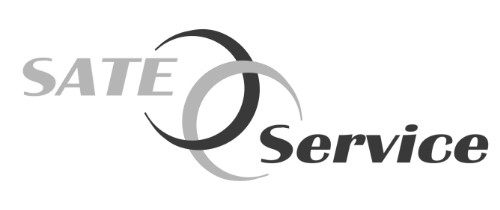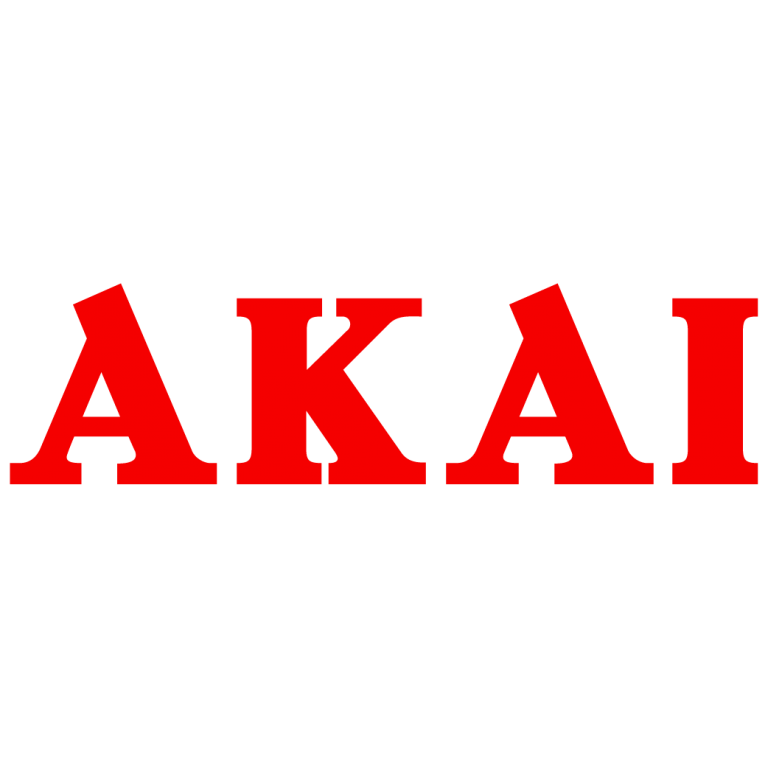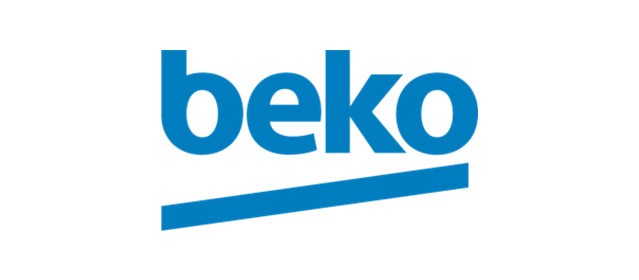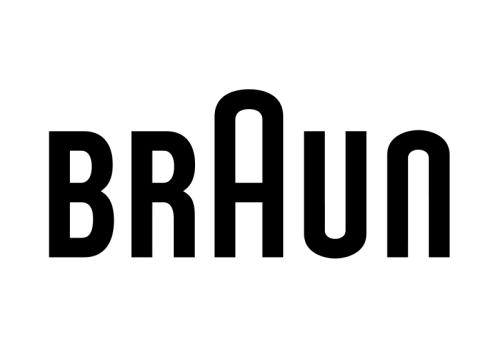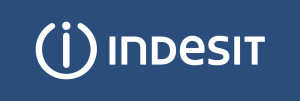For much better or even worse, Snapchat changed sexting permanently |
When Stanford college student Reggie Brown informed their classmate last year he wanted pictures he'd taken to a woman to disappear, he uttered aloud a thought that had crossed the minds of numerous others. But now, their assertion would resulted in development of an app that could alter the character of photograph messaging and â crucially â sexting, permanently. That application turned into Snapchat.
Snapchat's release has taken sexting â the consensual act of revealing personal pictures â from a stigmatised and seedy activity, to a mainstream and widely-accepted practice. The organization has exploded notably since those very early dorm-room times â and certainly will
quickly end up being a massive community organization
â thanks a lot to some extent to its history in the world of sexting.
The sexting online game
Before Snapchat launched in September 2011, sexting was actually completely different.
The
change of erotic imagery
isn't really an occurrence which is special toward twenty-first century. Paleolithic cave mural art depicting real human sex functions are some of the first known types of erotic imagery, but only once the mass adoption of smartphones taken place in the belated 2000s performed the sexting online game actually heat up.
Making use of cameraphones, sexters could deliver specific pictures via MMS. However the age-old issue persisted. Pictures, as soon as sent, had been forever away from sender's control and impossible to delete.

Consequence-free sexting?
At the time of Snapchat's release, the app's ephemeral nature presented a much-desired answer for individuals planning to obtain kicks by giving intimately specific pictures that would go away completely in only a matter of mere seconds.
Gone â it seemed â had been the worries in what would eventually your nude selfie when your union finished. Your own Snapchat sext would evaporate to the ether, if in case your interactions came across exactly the same fortune, your path of naked selfies might possibly be of little worry to you personally.
Despite their reputation, Snapchat wasn't â and never attempted to end up being â a sexting application. And, it absolutely was in no way lacking outcomes or safety issues. This vacation amount of consequence-free sexting ended when third-party programs like
Snapchat Hack
(Opens in a case)
came onto the scene, circumventing Snapchat's safety and enabling customers to share with you pictures delivered via the app.
Sexting goes popular
Blaise Grimes-Viort, a social media specialist at the company The Social Element says that Snapchat has had a huge effect on the normalisation of sexting; the result of the feeling of security afforded from the auto-deletion of pictures. Gender and connections YouTuber
Hannah Witton
(Opens in a fresh case)
thinks Snapchat's sensed "low danger element" provides individuals the courage to test out sexting about situation you have "a mutual contract to not ever screenshot."
"Sexting on Snapchat can be so normalised that if you inform your mate that you were delivering some cheeky nudes to and fro another evening on Snapchat, it really is unlikely they're going to evaluate you," claims Witton.
The statistics demonstrate that sexting is becoming commonplace. For the UK, 42 percent of 18-24 season olds have actually sexted, and 13 % have sent intimate images to overall complete strangers, based on Intel safety.
Credit: Shutterstock / nito
(mh=ucO0wPjrAF0rZAq8)14.jpg)
A risk for kids
The normalisation of sexting is actually a double-edged sword. For consenting adults, eliminating the stigma and judgement around sexual appearance is actually a positive thing. But for younger individuals, it presents a threat. That threat is actually augmented by the fact that
very nearly 25 %
(Opens in a tab)
of Snapchat users are still in highschool.
Sexting is "dangerous" for young adults, specially when considering the possibility of revenge porn, based on the NSPCC.
"Snapchat deletes images after they have-been viewed but customers of the application can screenshot photos maintain for later," a spokesperson mentioned.
"the chance is always there your no-saving, no-sharing guidelines won't be recognized, that a warm partner cannot stay like that, hence a friendly stranger may not be the things they appear," says social networking expert Grimes-Viort.
The state of sexting these days
For millennials, Snapchat is close to completely synonymous with sexting. Relating to Match.com information, millennials are 290 percent much more likely than Gen Xers to use Snapchat for intimate factors.
This normalisation of sexting on Snapchat features led to a whole variety of not-so-great effects. On Reddit, you'll find numerous
threads
(Opens in another tab)
by users who may have learned their unique associates are delivering gorgeous snaps to former enthusiasts. Other people joining these threads post that they're overcome with fear that their particular lovers could be involved with Snapchat sexting.
While cheating and the concern thereof tend to be unpleasant side effects for the Snapchat sexting phenomenon, additionally there are more sinister effects. There are internet sites focused on the non-consensual posting of screenshotted images and -- according to Grimes-Viort -- there was an "underbelly" on the internet dedicated to discussing the usernames of Snapchat people that are productive on the app and "willing to sext with visitors".
The application of 3rd party applications to access Snaps with disappeared in addition holds an enormous risk. In 2014, 98,000 hacked Snapchat photographs and video clips had been reportedly published on line. At that time, Snapchat was actually keen to point out that the computers hadn't been hacked, nevertheless prevalence of third-party apps ensures that personal photos and video clips can easily fall under an inappropriate hands if these programs are hacked.
Tweet might have been deleted
(opens up in a fresh tab)
(Opens in a fresh case)
Snapchat's sexting society in addition has created a pressure for young people to sign up in sexting. Six from 10 adolescents state they have been required sexual pictures or video clips,
per
(Opens in an innovative new loss)
an NSPCC study. And, a 2015 study of the college of Indiana discovered that one 5th of university undergraduates had engaged in sexting when they didn't need.
Issue stays: Should we end up being thanking Snapchat, or blaming it?
Offered Movie Available
Snapchat Spectacles have a wind sound problem â discover tips fix it
